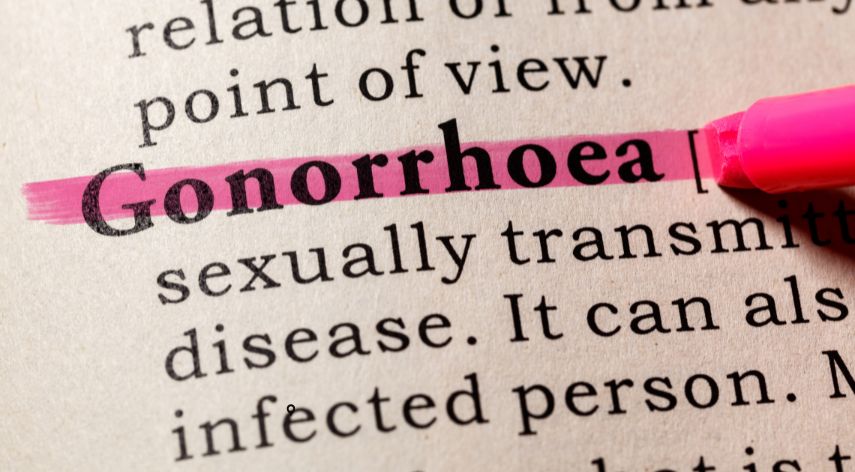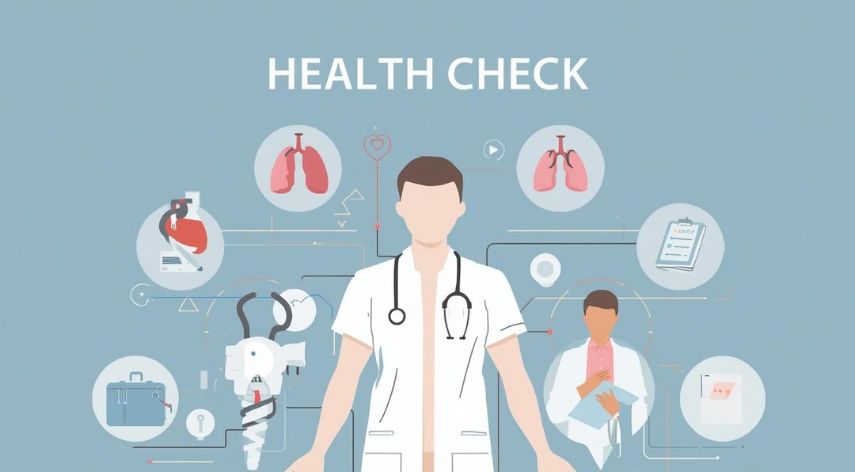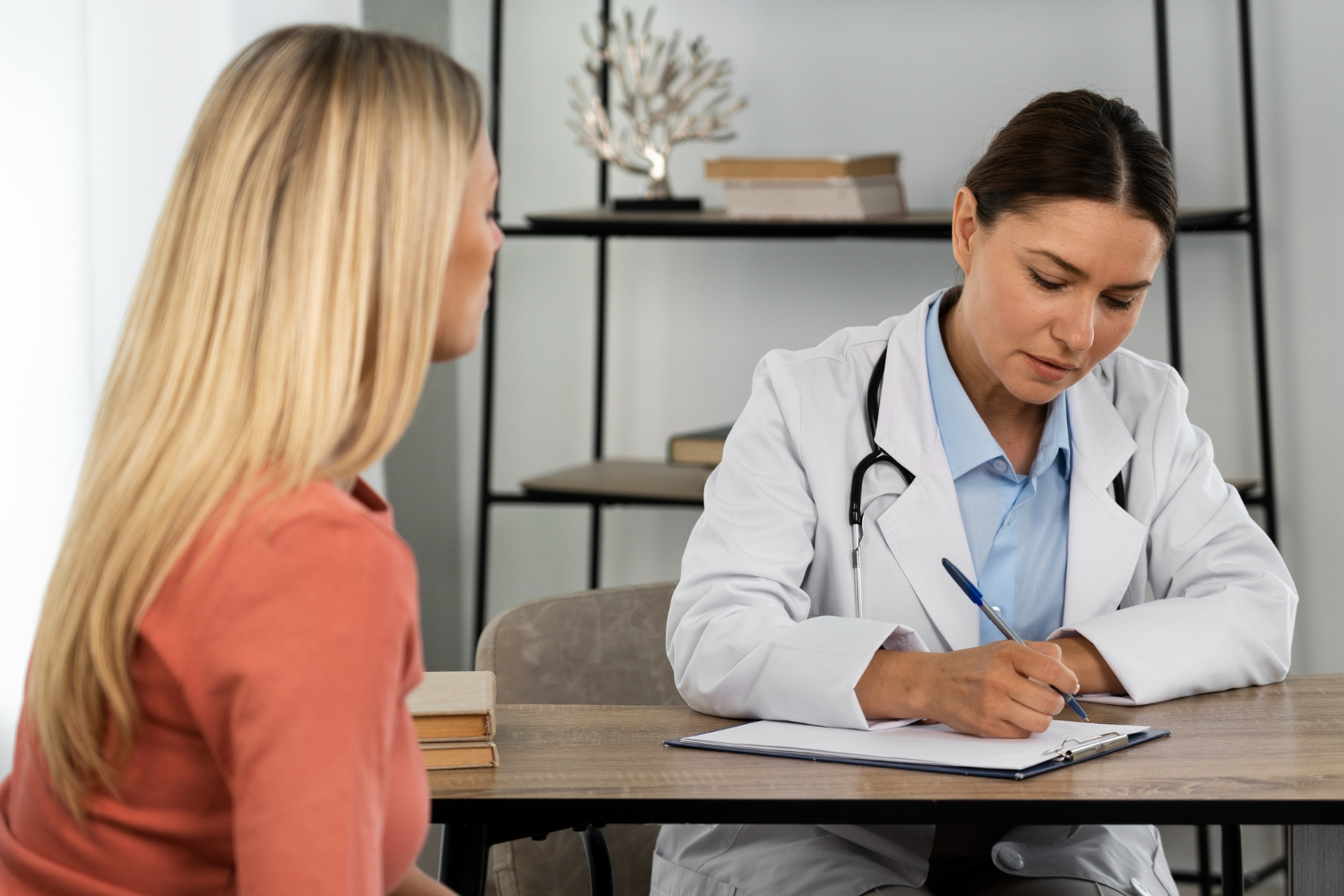Understanding Gonorrhoea: Symptoms, Testing & Effective Treatment

If you’re reading this, chances are you’ve either heard of gonorrhoea or are curious about it—and rightly so. Gonorrhoea is one of the most common sexually transmitted infections (STIs) in the UK, with tens of thousands of cases reported each year. While it’s treatable, ignoring it can lead to serious health complications. The good news? Early detection and treatment make all the difference. Whether you’re looking for discreet private testing options or NHS services, London offers plenty of resources to help you stay on top of your sexual health. Let’s dive into what gonorrhoea is, how to spot it, and why taking action early matters.
What is gonorrhoea?
Gonorrhoea, often called “the clap”, is a bacterial infection caused by Neisseria gonorrhoeae. It spreads through unprotected sexual contact—whether vaginal, anal, or oral. Shockingly, many people don’t even realise they have it because symptoms can be mild or absent altogether. According to recent UK statistics, there were over 70,000 cases reported in 2022 alone, making it a significant public health concern.
Why does early detection matter? Because untreated gonorrhoea doesn’t just go away—it can wreak havoc on your reproductive system and overall health. The sooner you get tested and treated, the better your chances of avoiding complications.
Symptoms of Gonorrhoea
Gonorrhoea doesn’t always announce itself loudly. Some people experience symptoms within days of exposure, while others might not notice anything for weeks—or ever. Here’s what to look out for:
Symptoms in Men
- Penile discharge: Often yellow, green, or white.
- Pain during urination: A burning sensation that shouldn’t be ignored.
- Swollen testicles: Though less common, it’s a red flag.
Men typically experience more noticeable symptoms compared to women, which makes early detection slightly easier—but not guaranteed.
Symptoms in Women
- Increased vaginal discharge: Watery, creamy, or slightly bloody.
- Pain during urination: Similar to men, but often mistaken for a UTI.
- Pelvic pain: Especially during intercourse or menstruation.
- Bleeding between periods: Irregular spotting could signal an issue.
Unfortunately, women are more likely to have asymptomatic infections, meaning they may unknowingly pass the infection to partners or develop long-term complications.
Symptoms in Rectal and Throat Infections
Not all gonorrhoea infections occur in the genitals. Anal sex can lead to rectal infections, causing:
- Discomfort or itching.
- Painful bowel movements.
- Bleeding or discharge.
Oral sex can result in throat infections, which usually present as a sore throat or difficulty swallowing—but these symptoms are often overlooked or attributed to something else.
Here’s the kicker: many cases of gonorrhoea show no symptoms at all. This silent nature is precisely why regular testing is crucial, especially if you’re sexually active.
How Gonorrhoea is Tested in the UK
Testing for gonorrhoea has never been easier—or more accessible. If you suspect you’ve been exposed or want peace of mind, here’s what you need to know:
Types of Tests Available
- Urine Test: Quick and non-invasive; ideal for men.
- Swabs: Taken from the vagina, cervix, urethra, throat, or rectum depending on risk factors.
Private vs NHS Testing
Both options have their perks:
- NHS Services: Free and reliable, though waiting times can vary.
- Private Clinics: Faster results, greater privacy, and flexible appointments—but they come at a cost.
Booking a test is simple. You can visit a local sexual health clinic, order a home testing kit online, or consult your GP. Many clinics in London also offer walk-in services, making it convenient to prioritise your health.
Treatment for Gonorrhoea
The good news? Gonorrhoea is curable. The bad news? Antibiotic resistance is becoming a growing concern worldwide. In the UK, the standard treatment involves a combination of two antibiotics: ceftriaxone (injection) and azithromycin (oral).
It’s vital to complete the full course of medication, even if symptoms disappear quickly. Skipping doses or stopping early increases the risk of developing drug-resistant strains, which are much harder to treat.
If symptoms persist after treatment, follow up with your healthcare provider immediately. They’ll assess whether you need additional care or further testing. Don’t forget to inform any recent sexual partners—they’ll need treatment too to prevent reinfection.
Prevention of Gonorrhoea
An ounce of prevention is worth a pound of cure. Here’s how to protect yourself:
- Use condoms consistently: latex condoms are highly effective at reducing transmission.
- Consider dental dams: for oral sex, these thin barriers add an extra layer of protection.
- Get screened regularly: Annual STI checks are recommended for sexually active individuals, especially those with multiple partners.
- Communicate openly: Discuss sexual history and STI status with new partners before intimacy.
Remember, being proactive about prevention isn’t just about protecting yourself—it’s also about respecting your partner’s health.
Gonorrhoea Complications if Untreated
Ignoring gonorrhoea is like playing Russian roulette with your body. Left untreated, it can lead to severe consequences:
- Pelvic Inflammatory Disease (PID): A painful condition in women that damages the reproductive organs.
- Infertility: Both men and women can face reduced fertility due to scarring or damage.
- Increased HIV Risk: Gonorrhoea creates inflammation, making it easier for HIV to take hold.
- Disseminated Gonococcal Infection (DGI): When the bacteria enters the bloodstream, it can cause joint pain, fever, and skin lesions.
These complications aren’t just scary—they’re life-altering. That’s why timely treatment is non-negotiable.
FAQs About Gonorrhoea in the UK
Let’s tackle some burning questions:
- Can gonorrhoea go away on its own? No, it won’t resolve without treatment. Without antibiotics, the infection will persist and potentially worsen.
- How long after exposure should I test? Most experts recommend waiting 1-2 weeks post-exposure for accurate results.
- Will gonorrhoea affect fertility permanently? If caught early and treated promptly, the impact on fertility is minimal. However, untreated gonorrhoea can lead to irreversible damage.
- Is gonorrhoea curable? Yes, but only with appropriate antibiotic treatment. Self-medicating or ignoring symptoms won’t cut it.
Getting Help in the UK
Londoners are fortunate to have numerous resources at their fingertips:
- NHS Sexual Health Services: Comprehensive, confidential, and free.
- Private STI Clinics: Offer rapid results and tailored care.
- Confidentiality Assurance: All services prioritise patient privacy, ensuring your information stays safe.
For more info, check out trusted websites like Sexual Health London or Brook.
Conclusion
Gonorrhoea might be common, but it doesn’t have to control your life. By staying informed, getting tested regularly, and seeking prompt treatment when needed, you can take charge of your sexual health. Remember, there’s no shame in prioritising your well-being—it’s a sign of strength, not weakness.
So, what are you waiting for? Whether you book a test today or schedule a consultation next week, every step counts toward a healthier future. Your body will thank you later.
Lareal Young is a legal professional committed to making the law more accessible to the public. With deep knowledge of legislation and legal systems, she provides clear, insightful commentary on legal developments and public rights, helping individuals understand and navigate the complexities of everyday legal matters.
Recommended For You
Regular health check-ups are vital for maintaining overall well-being, and private Health MOTs have emerged as a proactive way to
Heart disease remains one of the leading causes of illness and death in the UK, but early detection can make
In the UK, we are fortunate to have one of the most robust sexual health frameworks in the world. Whether
Browse by Category
- Travel
- Technology & Gadgets
- Sports & Games
- Software
- Shopping
- Reviews
- Real Estate
- Numerology
- News
- Make Money
- Lifestyle
- Law
- Home Improvement
- Health
- Gardening
- Games
- Finance
- Entertainment
- Education
- Digital Marketing
- Diet and Fitness
- Dating
- Construction
- Celebrity
- Career and Jobs
- Business
- blog
- Angel Number




